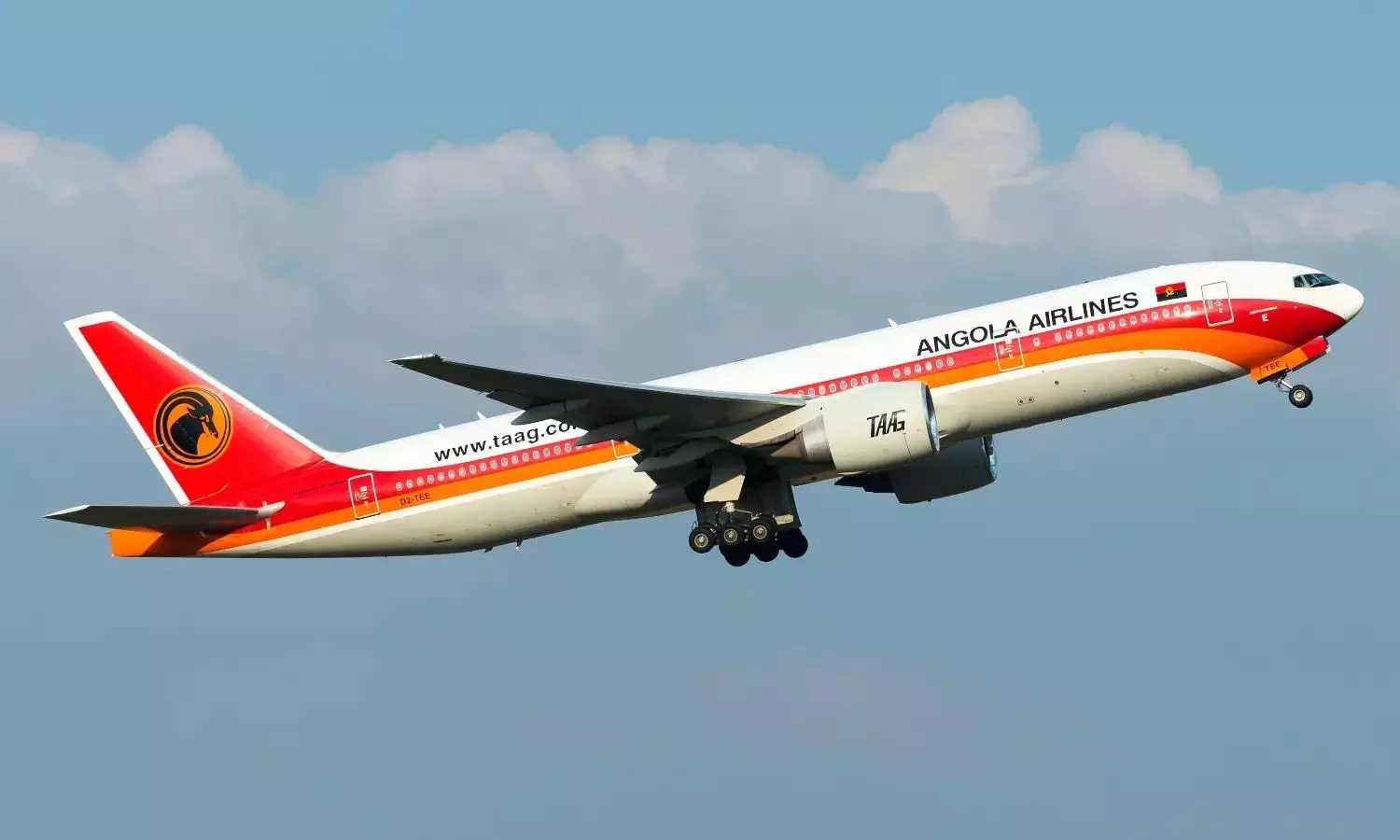Focus Africa to unlock aviation potential: IATA
Initiative seeks to enhance regional cooperation, harmonise procedures and invest in infrastructure.

Focus Africa is a collaborative initiative that unites resources across the aviation value chain to address urgent industry challenges.
"Building on decades of partnerships with African countries and stakeholders, it aims to achieve clear, measurable goals. The initiative seeks to enhance regional cooperation, harmonise procedures, and invest in infrastructure to support safety, efficiency, and environmental sustainability," says the Cargo Operations - 2025 Strategic Priorities Report by the International Air Transport Association (IATA).
Focus Africa strives to develop a safer, better-connected continent with a diverse, skilled workforce, unlocking commercial and economic opportunities for African aviation, the report added.
"Its goal is to drive tangible, sustainable progress in response to the sector’s most pressing challenges."
Focus Africa will intensify efforts in six key areas:
Safety: Enhance operational safety through a data-driven, collaborative programme to reduce incidents in the air and on the ground.
Infrastructure: Develop efficient, secure and cost-effective aviation infrastructure to boost customer experience and operational efficiency.
Connectivity: Advance intra-African market access through the Single African Air Transport Market (SAATM).
Finance and distribution: Accelerate the adoption of secure, cost-effective financial services and modern retailing standards.
Sustainability: Support Africa’s air transport industry in reaching industry-agreed Net Zero by 2050 emissions targets; and
Future skills: Promote aviation careers to ensure a diverse talent pool. for future industry needs.
E-commerce to drive air cargo growth: IATA
The airline industry recorded a 13.4 percent annual increase in cargo tonne kilometres (CTK) in the first half of 2024. "Boosted by a low 2023 base, strong e-commerce demand and global maritime shipping disruptions, air cargo saw record-breaking H1 performance despite rising trade tensions and policy uncertainty.”
International air cargo volumes increased by 15.6 percent year-on-year (YoY) compared to June 2023, supported by all world regions and major trade lanes, the report added. "Airlines registered in the Middle East and Asia Pacific expanded air cargo volumes by 18 YoY and 16.7% YoY, respectively. African and European carriers followed closely with 15.9 percent and 14.2 percent annual growth. The Americas lagged behind the other regions but recorded a 10.4 percent increase in Latin America and a 6.6% increase in North America."
E-commerce and need for speed
Following a Covid-induced surge where e-commerce grew by approximately 30 percent, the sector’s growth moderated but remains robust, expanding by 10-12 percent post-pandemic, the report added.
"Factors like geopolitical tensions, economic hurdles, inflation and currency instability have impacted consumer spending power but e-commerce has re-emerged as a cost-effective option.
"E-commerce sales are expected to reach $6.3 trillion by the end of 2024, and the sector relies heavily on air cargo for speed and network. Air cargo is already responsible for transporting 80 percent of cross-border e-commerce goods but this is rapidly increasing. One in five e-commerce packages are transported by air, reaching one in three by 2027. While 30 percent of consumers bought more in 2023, 79 percent have changed their shopping behaviour due to sustainability concerns."
The report adds that e-commerce players and logistics partners must respond to demands in a few clicks and harness capabilities like:
*Automation: Automating booking, tracking and documentation processes improves speed and transparency for e-commerce shipments.
Faster delivery networks: Develop more efficient and reliable air cargo routes, focusing on next-day and same-day delivery services.
*Increased capacity: Expand airfreight capabilities to meet growing e-commerce demand, leveraging dedicated freighters and considering the rise of multi-modal transportation.
*Last mile integration: Seamlessly connect air cargo with local delivery networks for faster last mile solutions; and
Sustainability: Adopt eco-friendly practices like fuel-efficient aircraft and carbon offset programmes to minimise the environmental impact of e-commerce shipping and packaging waste.



